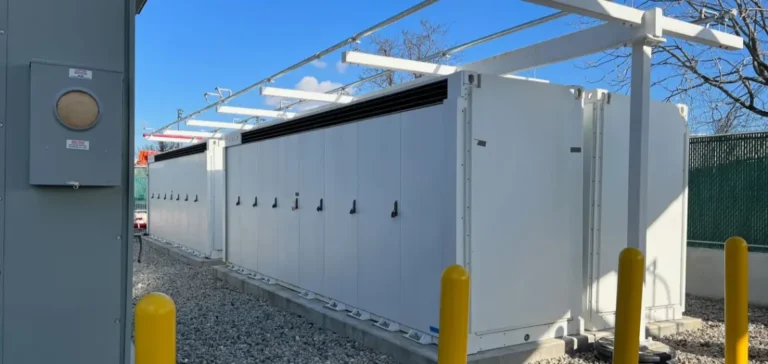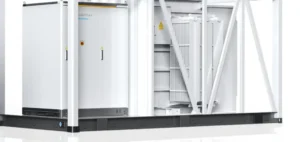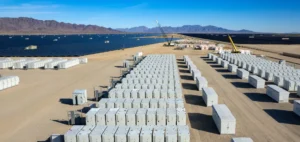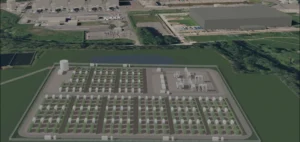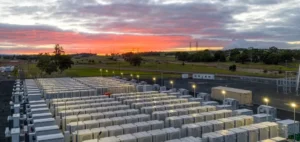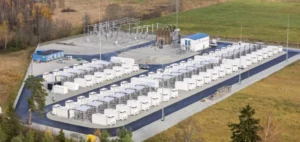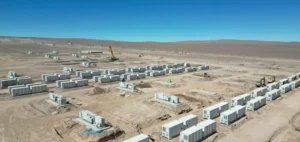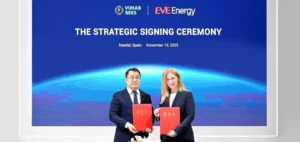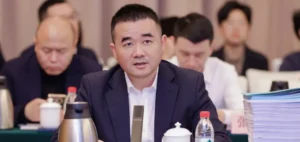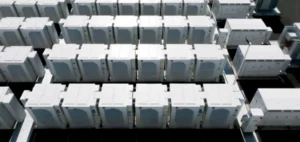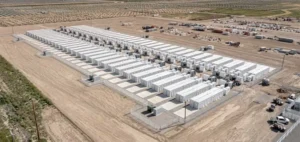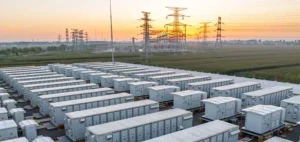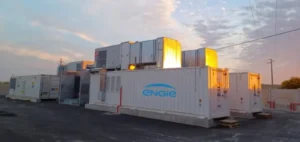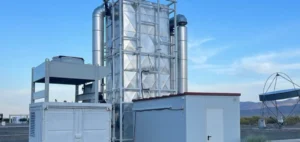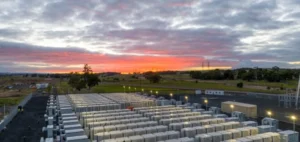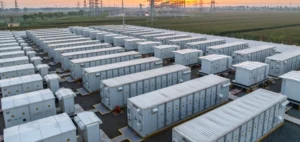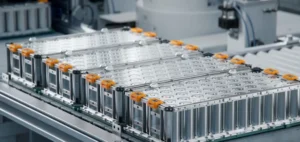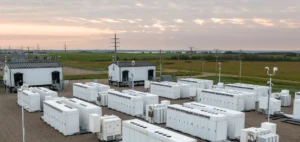NineDot Energy, a developer of community-scale battery energy storage systems, has announced a partnership with educational organisation Solar One to incorporate an energy storage-focused curriculum into New York City’s public high schools. The programme will be offered at no cost to schools or families.
The new module will be integrated into Solar One’s existing coursework at three technical high schools: Transit Tech Career and Technical Education High School in Brooklyn, the Longwood campus of the School for Cooperative Technical Education in the Bronx, and the Health, Arts, Robotics and Technology High School (HARTs) in southeast Queens. The programme is designed to equip students with technical skills directly relevant to emerging energy sectors.
A programme anchored in local industry
The course content has been developed jointly by NineDot Energy teams and Solar One educators to ensure its technical accuracy. The stated goal is to prepare young people to enter a professional sector experiencing strong growth, tied to the city’s evolving energy infrastructure.
Training will include hands-on workshops on battery energy systems, an introduction to career paths in the storage sector, and an overview of New York City’s power grid. Solar One educators will deliver the curriculum in cooperation with each school’s teaching staff.
Stakeholder feedback
David Arfin, Chief Executive Officer and Co-founder of NineDot Energy, highlighted the importance of battery storage in New York’s energy landscape. He stated that the initiative helps bring students closer to the technical realities of the sector.
Stephen Levin, Chief Executive Officer of Solar One, said the partnership represents a strategic enhancement to their educational offering by integrating skills directly aligned with market needs. Several city officials also welcomed the initiative, viewing it as a way to expand employment opportunities for local youth while reinforcing the city’s energy technology ecosystem.
Targeted professional integration
The programme is part of a broader initiative by the City of New York to build a “green collar jobs” pipeline — technical, sustainable careers in the energy and urban environmental sectors. It comes at a time when the demand for qualified labour is rising in the decentralised electricity infrastructure field.
Student participation in practical, on-site projects — such as grid-connected solar installation and visits to urban battery facilities — aims to provide them with hands-on industry understanding and improve their employability in a changing energy landscape.


